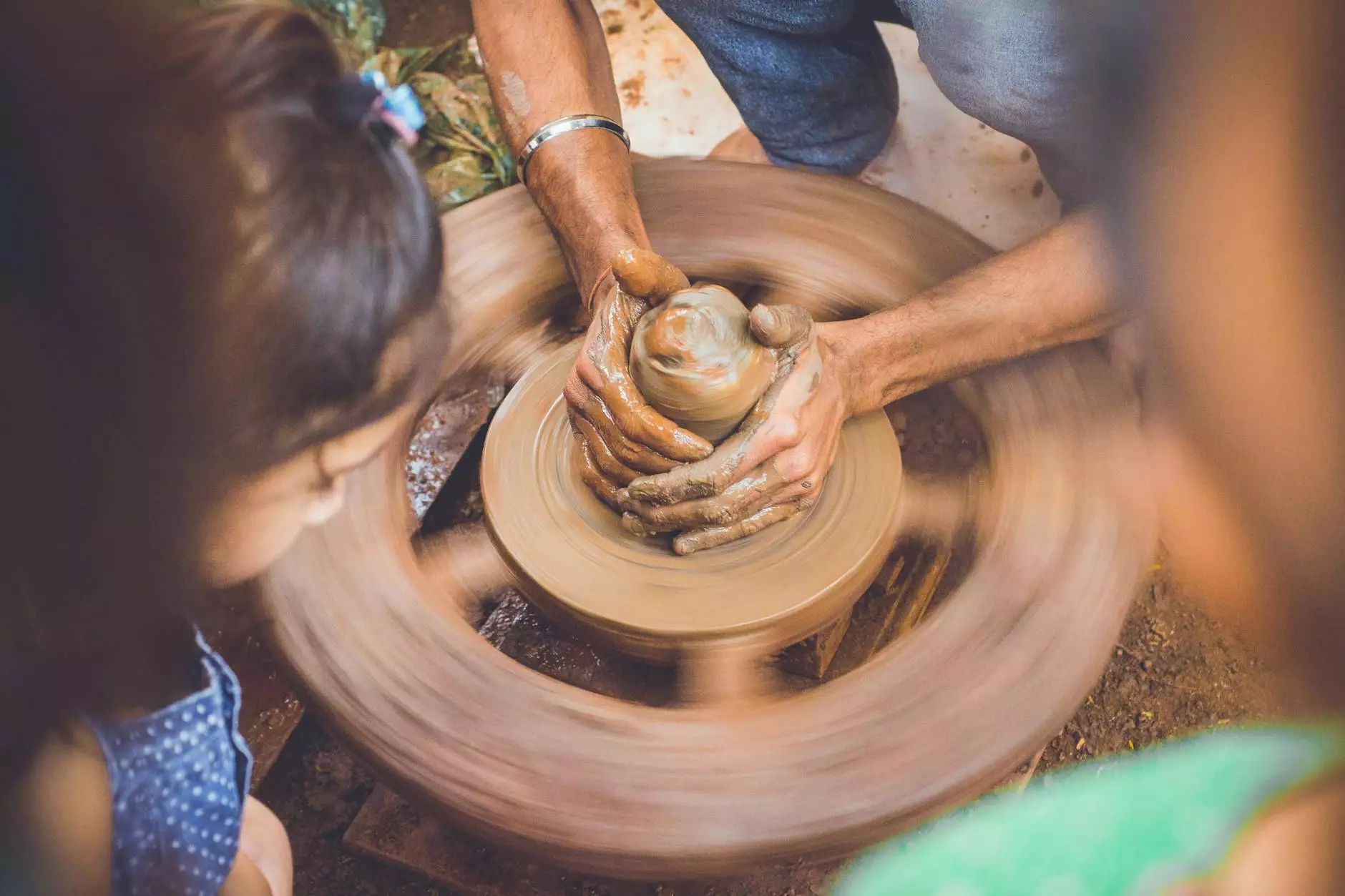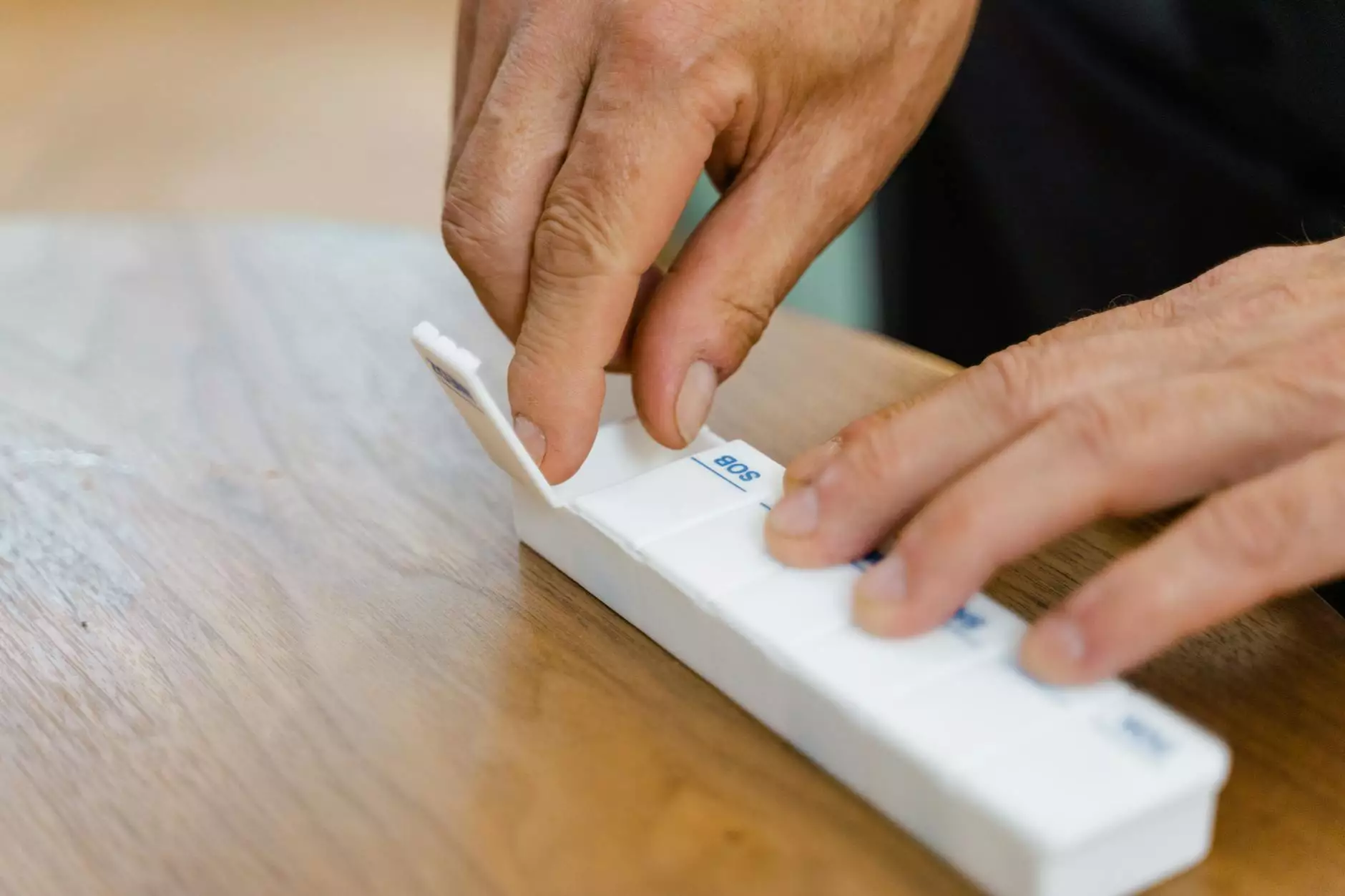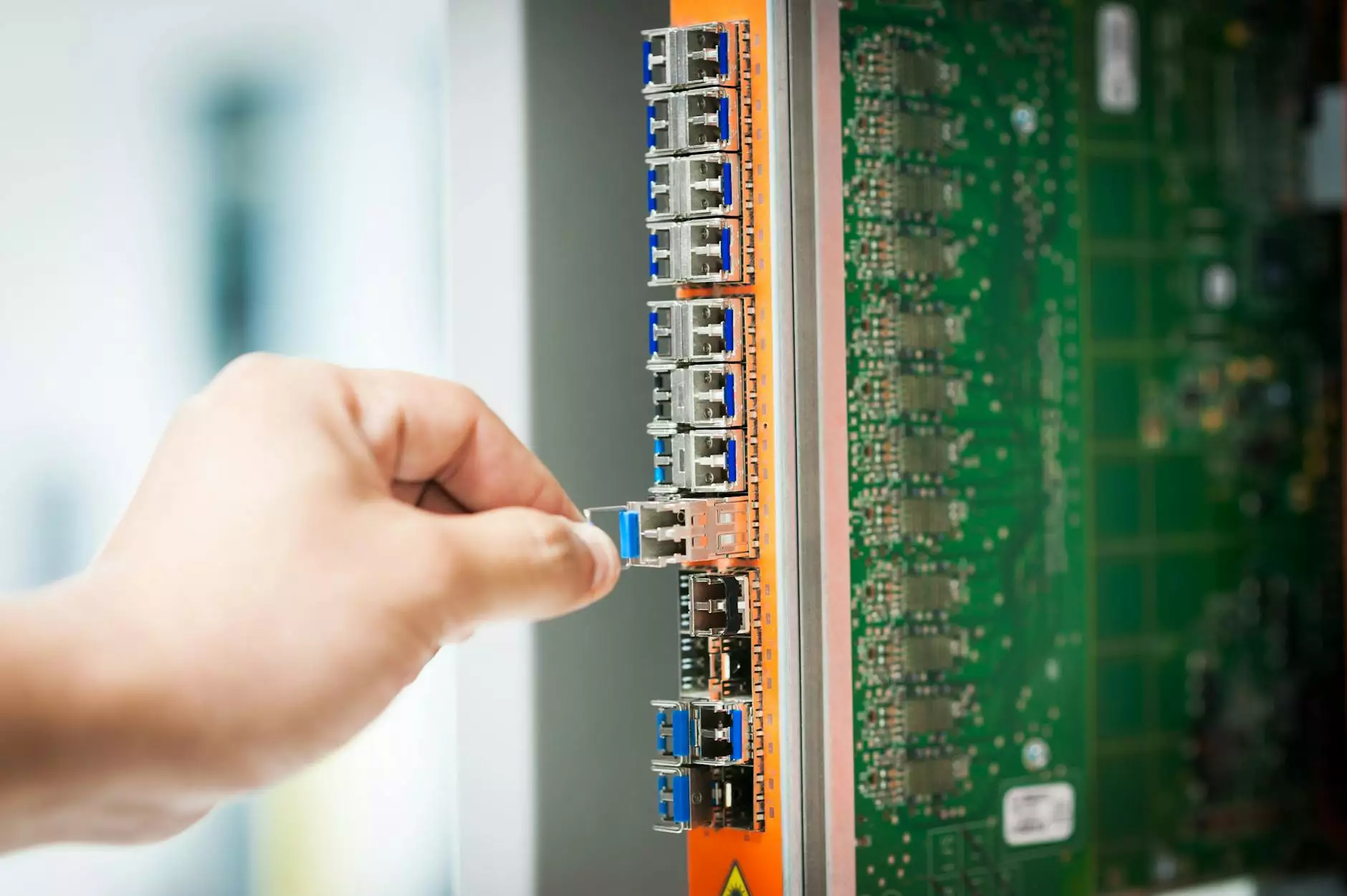Understanding Injection Moulding Manufacturing

Injection moulding manufacturing has transformed the landscape of production in various industries by offering efficient, cost-effective, and versatile solutions. This article delves into the fundamentals of injection moulding, the manufacturing process, benefits, applications, and how it impacts the world of metal fabricators.
What is Injection Moulding Manufacturing?
Injection moulding manufacturing is a manufacturing process that involves injecting molten material into a mould to create specific shapes and designs. This process is predominantly used with plastics but can also be employed with metals, glass, and other materials. The resulting products are often used in a variety of applications, from everyday consumer goods to complex engineering components.
The Injection Moulding Process
The injection moulding process can be broken down into several key stages:
- Material Selection: The first step is selecting the appropriate material based on the desired properties of the final product. Common materials include thermoplastics, thermosetting plastics, and metals.
- Designing the Mould: A mould is crafted to the desired specifications of the part being manufactured. This mould serves as the blueprint for shaping the product.
- Injection: The selected material is heated until it becomes molten. This molten material is then injected into the mould under high pressure.
- Cooling: Once the mould is filled, it is allowed to cool. This solidifies the material, thus forming the final product.
- Demoulding: After sufficient cooling, the mould opens, and the finished part is ejected.
- Finishing Touches: The product may undergo secondary processes such as trimming, machining, or surface treatment to meet quality standards.
Benefits of Injection Moulding Manufacturing
There are numerous advantages associated with injection moulding manufacturing:
- High Efficiency: The process is highly efficient, allowing for high-volume production that minimizes waste and maximizes output.
- Consistency and Precision: Injection moulding provides exceptional precision in manufacturing, ensuring that each part is uniform in size and shape.
- Versatility: Can be used with a wide variety of materials and is suitable for producing complex shapes that would be challenging to create using traditional manufacturing methods.
- Cost-Effectiveness: The ability to produce large quantities reduces the cost per unit, making it an economically viable option for many businesses.
- Reduced Lead Times: The streamlined process allows for faster production cycles, which can significantly shorten project lead times.
Applications of Injection Moulding Manufacturing
Injection moulding manufacturing is widely adopted across various industries, each utilizing this process for specific applications:
- Automotive Industry: Production of components like dashboards, panels, and various interior and exterior parts.
- Consumer Goods: Manufacturing everyday products such as containers, toys, electronics casings, and household utensils.
- Medical Devices: Creating essential medical components, including syringes, surgical instruments, and various medical packaging.
- Industrial Applications: Used to manufacture tools, parts for machinery, and various industrial components.
The Role of Metal Fabricators in Injection Moulding
Metal fabricators play a crucial role in injection moulding manufacturing, particularly when it involves creating robust moulds that can withstand the pressures of the injection process. Here’s how:
- Mould Design and Fabrication: Metal fabricators are tasked with designing and crafting moulds from durable metals like steel or aluminum, ensuring they can handle high-temperature and high-pressure conditions.
- Quality Assurance: Metal fabricators implement strict quality control procedures to ensure that the moulds meet the necessary specifications and tolerances. This is vital for the consistent quality of the finished products.
- Maintenance and Repair: Over time, moulds may require maintenance or repairs. Metal fabricators are equipped to handle these tasks, ensuring longevity and reliability in the moulds used for injection moulding.
Innovations in Injection Moulding Manufacturing
As technology evolves, so does injection moulding manufacturing. Innovations are continuously shaping the industry, making processes more efficient and products more sustainable:
- 3D Printing for Mould Creation: The rise of 3D printing allows for more complex mould designs, reducing lead times and material waste.
- Advanced Materials: The development of new composite materials enhances the properties of products, leading to lighter, stronger, and more flexible parts.
- Automation: Incorporating automated systems has streamlined operations, enabling faster production cycles and reduced labor costs.
Environmental Considerations in Injection Moulding Manufacturing
In today’s world, sustainability is a growing concern. Injection moulding manufacturing is adapting to meet environmental demands by:
- Using Recyclable Materials: Many manufacturers are choosing materials that can be recycled after use, reducing landfill waste.
- Energy Efficiency: New machines and processes are being developed to minimize energy consumption during production.
- Reducing Emissions: Innovations are focused on reducing the emissions produced during the manufacturing process, contributing to cleaner air and less environmental impact.
Choosing the Right Injection Moulding Partner
Selecting the right partner for your injection moulding needs is critical to your project's success. Consider these factors when choosing a manufacturing partner:
- Experience and Expertise: Look for a partner with a proven track record in injection moulding manufacturing and a portfolio of successful projects.
- Quality Standards: Ensure the partner adheres to stringent quality control measures and possesses relevant certifications.
- Technical Capabilities: Choose a partner equipped with the latest technology and machinery for superior manufacturing results.
- Customer Support: Look for a partner that provides excellent customer support and communication throughout the project lifecycle.
Conclusion
In conclusion, injection moulding manufacturing is a pivotal part of modern production that offers numerous advantages including efficiency, precision, and versatility. As industries continue to evolve, so too will the strategies and technologies surrounding this manufacturing method. Embracing innovation while addressing environmental concerns will help drive the future of injection moulding.
At DeepMould.net, we are committed to providing the highest quality services in the realm of metal fabrication, ensuring that all our moulds are crafted to meet the most demanding standards. Contact us today to learn how we can assist you with your next project involving injection moulding manufacturing.









